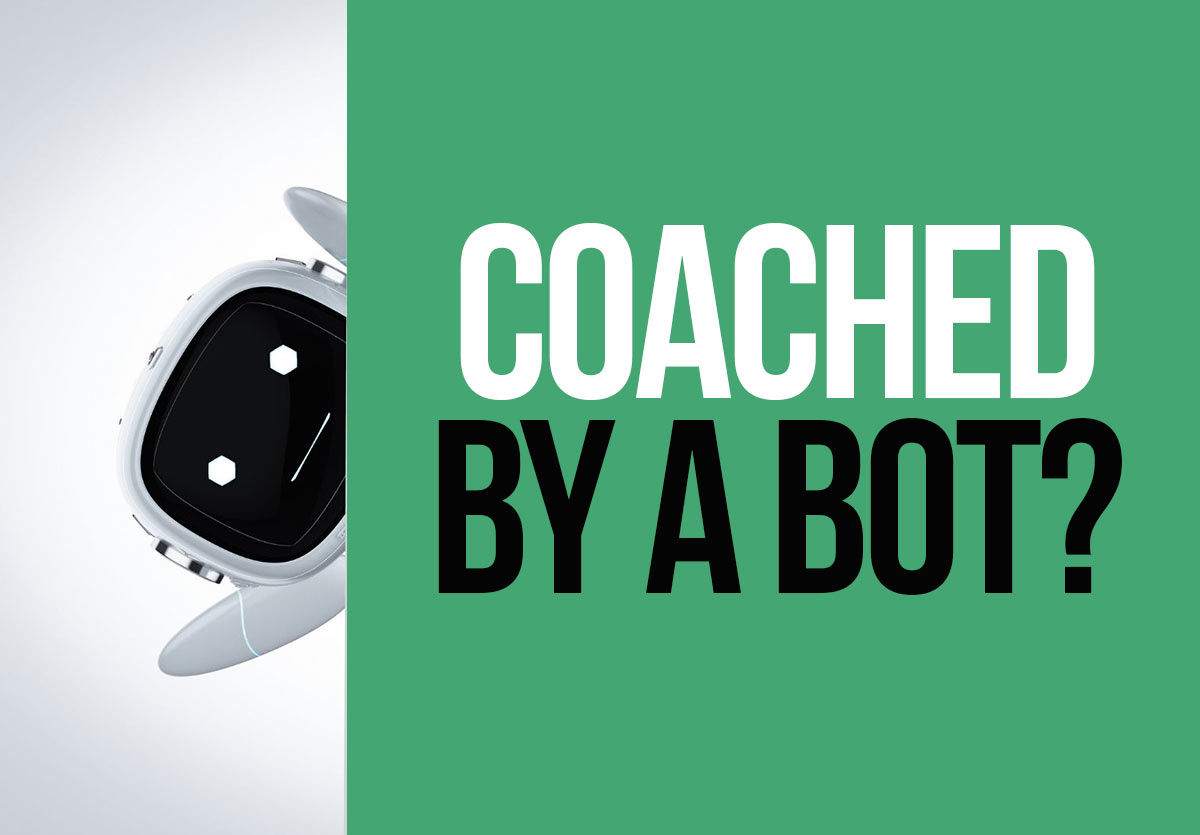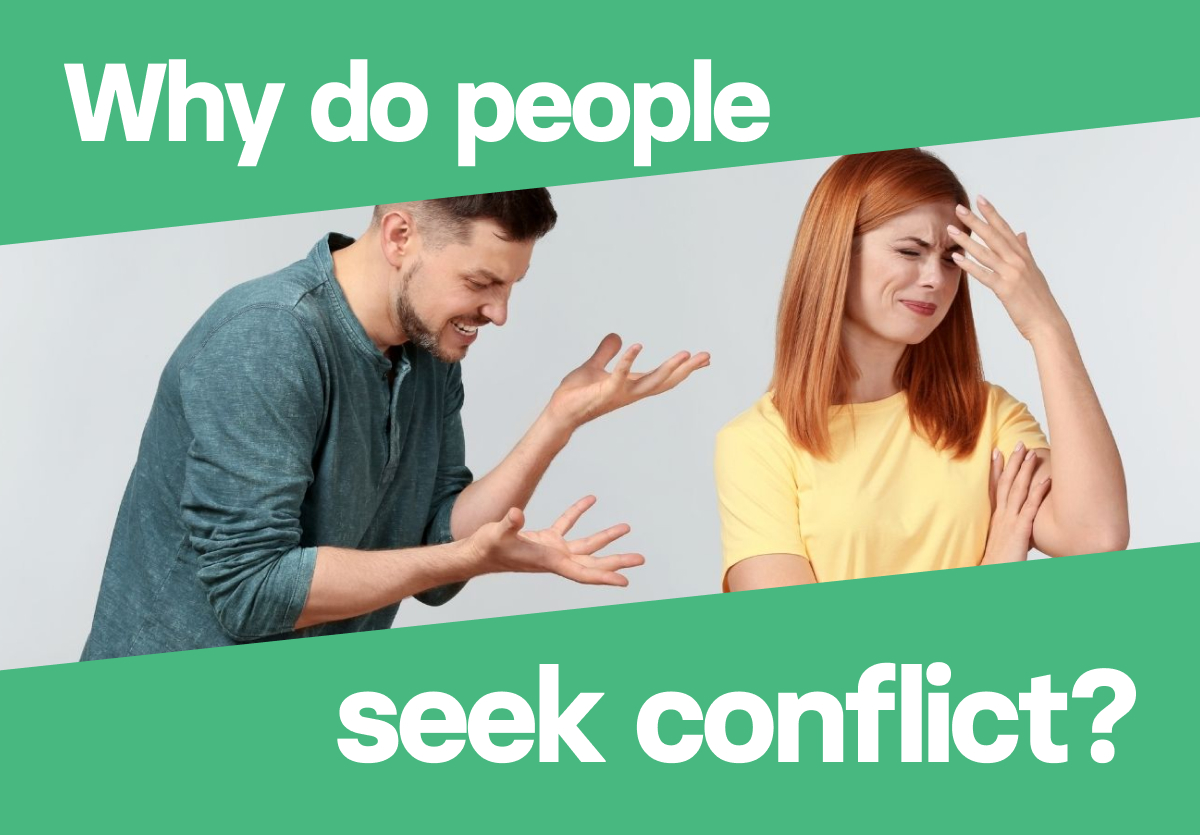In recent years, we’ve witnessed a remarkable surge in the integration of artificial intelligence (AI) within various industries, and coaching is no exception. AI-powered coaching platforms have emerged, offering personalised guidance and support to people seeking to improve their skills and achieve their goals in 2024. This technological advancement has sparked a fascinating debate: Can AI truly replace human coaches?
It’s true that with the advent of AI-enabled BotCoach platforms, people can now receive tailored advice and feedback at their fingertips, anytime and anywhere. However, as the capabilities of AI continue to evolve, questions arise about the extent to which it can replicate the unique qualities and nuances of human coaching in the long run.
While it’s true that AI offers undeniable advantages in terms of scalability, accessibility, and data-driven insights, it also raises important considerations regarding the role of human connection, empathy, and intuition in the coaching process. Can a bot truly understand the complexities of human emotions, motivations, and aspirations? Can it provide the same level of empathy and understanding as a human coach?
In this article, we’ll explore the growing influence of AI in coaching and go into the ongoing debate surrounding its potential to replace human coaches. By examining the benefits and limitations of AI coaching and considering the perspectives of both proponents and sceptics, we aim to shed light on the complex connection between technology and human interaction in the modern world of coaching.
The Debate among Modern Entrepreneurs
To understand this somewhat new & complex matter, we can primality look into the experience and ideals of the modern-day entrepreneur who deals with this digitalised world on a day-to-day basis. While their opinions might not be the complete nature of the situation, the experience of these proven individuals in the industry will definitely give an idea of what to expect. There is a heated debate among professionals for sure, but with differing opinions on the matter.
Some, like Konstantinos Kaloulis, owner of Negotiation Agency, argue that AI’s evolution mirrors past technological advancements, such as email replacing letters. According to Kaloulis, AI’s superior capabilities and conversational nature make it a natural successor to human coaches. This sentiment is echoed by AI sales consultant Zach Hynek, who emphasises the underestimation of technology’s power, drawing parallels to previous innovations like credit cards and the internet.
On the other hand, Edward Morris, founder of prompt engineering company Enigmatica, believes the answer hinges on the definition of “coach” and its context within different fields. Morris highlights successful implementations of AI coaches in healthcare and everyday life, suggesting that AI’s role may vary depending on the domain.
Also, another prestigious entrepreneur Katya Varbanova, CEO of Viral Marketing Stars, sees AI as a tool to replace less skilled coaches due to its unmatched speed and efficiency. Similarly, Nellie Jordaan, an email list professional, acknowledges AI’s potential to handle tasks related to output, systems, and strategy. However, she emphasises the irreplaceable role of human coaches in addressing emotions and awareness.
In another example, Kat Young, an engineer and technologist, presents a nuanced perspective, suggesting that AI can disrupt coaching by offering personalised and scalable solutions for analysing data. With the ability to process performance metrics, learning and development benchmarks, and individual goals, AI presents unique opportunities that human coaches may struggle to match without technological assistance.
As the debate unfolds, it becomes evident that the role of a “BotCoach” is complex and multifaceted. While some foresee AI as a revolutionary force poised to reshape the coaching world, others emphasise the indispensable human elements that AI may struggle to replicate.
AI Coaching: What is Your Opinion?
Now that we have a couple of opinions from veterans in the field, it’s time to form your own opinion. Let’s look into the benefits and limitations of AI coaching in modern times. This is still an early subject matter, but we can certainly get a basic idea. First, let’s look at the advantages.
Benefits of AI Coaching
1. Personalisation: AI coaching excels in tailoring coaching plans to individual needs. By analysing data on clients, AI can create customised coaching strategies that address specific strengths, weaknesses, and goals.
2. Virtual Coaching: With AI, coaching services can be provided remotely and around the clock. Virtual assistants and chatbots enable clients to access coaching support anytime, anywhere, making coaching more accessible and convenient.
3. Data Analysis: AI has the ability to analyse vast amounts of data from coaching sessions as well, providing coaches with valuable insights into client behaviours and emotional states. This data-driven approach enables coaches to make informed decisions and tailor their coaching strategies accordingly.
4. Skill Development: AI can facilitate skill development by providing simulations and scenarios that simulate real-world situations. Clients can practice and develop new skills in a safe, risk-free environment, enhancing their learning experience and effectiveness.
5. Goal Tracking: AI enables seamless tracking of client progress towards their goals. By monitoring client achievements and milestones, AI can provide ongoing feedback and motivation, helping clients stay focused and committed to their objectives.
6. Feedback to Coaches: AI can offer valuable feedback to coaches on the effectiveness of their coaching techniques and questions too. By analysing coaching interactions and client responses, AI can identify patterns and trends, enabling coaches to refine their approach and improve their coaching effectiveness.
As we can see, incorporating AI into coaching practices offers a range of benefits that complement traditional coaching methods. But there are some glaring limitations as well.
The Limitations of AI Coaching
- Lack of Emotional Intelligence and Empathy: While AI excels in processing data and providing insights, it lacks the emotional intelligence and empathy that human coaches bring to the table. Understanding and empathising with clients’ emotions, motivations, and personal experiences are essential aspects of effective coaching, and these nuanced qualities are challenging for AI to replicate, as it lacks understanding and experience in these departments.
- Inability to Handle Complex Human Issues: Human life is complex, and coaching often involves addressing deep-seated beliefs, traumas, and personal challenges. AI may struggle to navigate these complexities and provide meaningful support in areas requiring deep introspection, exploration, and personal growth. Clients might feel disconnected from AI’s advice in these matters, as they understand that the advice is not coming from a place of knowledge and feeling. Human coaches, on the other hand, with their unique ability to connect and relate to clients on a human level, are better equipped to handle such complex issues as humans.
- Ethical Concerns: The use of a BotCoach raises ethical concerns regarding privacy, data security, and the potential for bias a swell. Clients may feel uncomfortable sharing personal information with AI systems, and there’s a risk of sensitive data being mishandled or exploited due to modern-day data hackers. Additionally, AI algorithms may unintentionally perpetuate biases, leading to unfair or discriminatory outcomes. Human coaches are bound to ethical guidelines and professional standards, ensuring confidentiality, trust, and respect for clients’ rights and well-being.
The Paseda360 Perspective
At Paseda360, we’re not blind to the advancements in AI coaching either. In fact, we see its potential as a valuable tool in the coaching landscape. Technologies like AI can offer unprecedented levels of personalisation and accessibility, which can greatly benefit clients seeking guidance and support.
However, while AI may excel in certain areas, we firmly believe that the human touch is irreplaceable. Coaching is not just about providing information or guidance; it’s about forming genuine connections, understanding individual experiences, and empathising with clients on a deep level. This level of emotional intelligence and empathy is something that AI simply cannot replicate. As we say, clients are HUMAN and their needs are vast and varied. They don’t want a BotCoach for one problem and a human therapist for another.
That’s why, at Paseda360, we advocate for the integration of AI as a supportive tool in coaching sessions rather than a replacement for human coaches. By leveraging the capabilities of AI alongside the expertise and empathy of human coaches, we can create a holistic coaching experience that addresses the diverse needs of our clients. Through this integrated approach, we can harness the best of both worlds to empower our clients to achieve their goals and unlock their full potential. That’s why we are interested in the future possibility of hybrid coaching models.
Can AI and Human Coaching Coexist?
Combining AI and human coaching, in other words Hybrid coaching models, represents a fusion of AI-driven tools and human expertise. These models leverage AI for its efficiency in data analysis, personalised feedback, and accessibility, while human coaches bring invaluable emotional intelligence, empathy, and a nuanced understanding of complex human issues to the table.
Maximising the Strengths of Each Approach (H3)
By integrating AI and human coaching, organisations can maximise the strengths of each approach. AI excels in tasks requiring data crunching, such as goal tracking, skill development simulations, and providing personalised recommendations based on data analytics. On the other hand, human coaches offer unparalleled emotional support, empathetic guidance, and the ability to navigate nuanced interpersonal dynamics.
Case Studies of Successful Hybrid Coaching Implementations
Several case studies highlight the success of hybrid coaching implementations across various industries. For instance, in leadership development, organisations have seen significant improvements by utilising AI-enabled coaching apps like Coach Otto or LeaderAmp alongside human coaching sessions. These hybrid models have facilitated enhanced goal setting, skill development, and performance tracking, leading to tangible outcomes for both individuals and organisations.
Final Words
As pioneers in the coaching industry, human coaches have a vital role to play in shaping the future of AI coaching. By actively contributing to the development of BotCoach standards, we can ensure ethical practices, data privacy, and the preservation of human-centric values in coaching, all combined. Our input can help guide the evolution of AI coaching towards responsible and effective applications for sure.
As we look towards the future of coaching, AI will undoubtedly continue to play a significant role. By leveraging AI’s capabilities alongside human expertise, we can create hybrid coaching models that maximise the strengths of each approach. This collaborative approach holds the potential to revolutionise coaching, making it more accessible, personalised, and impactful than ever before.
In conclusion, the integration of AI into coaching represents a promising avenue for innovation and growth. By embracing this evolution with an open mind and a commitment to ethical standards, we can usher in a new era of coaching that empowers individuals and organisations to thrive in 2024 & in the years to come.
Develop Your Skills, Add To Your CPD Hours & Get Support From World-Class Coaches Who Are Changing Lives Too







